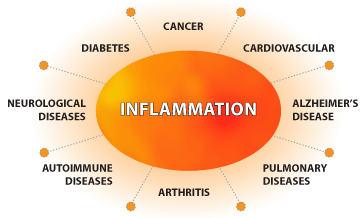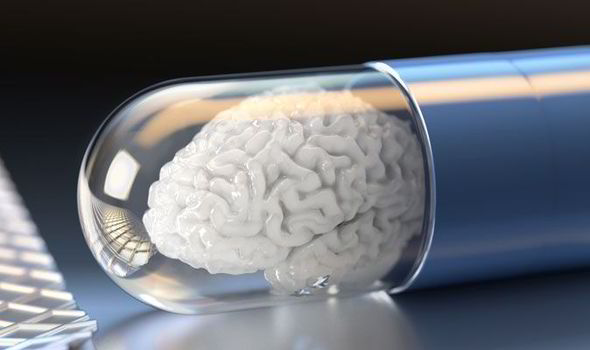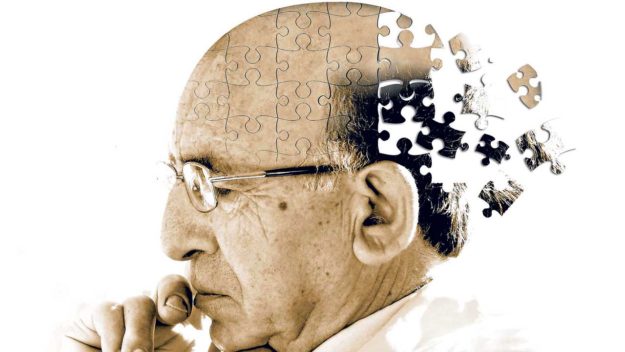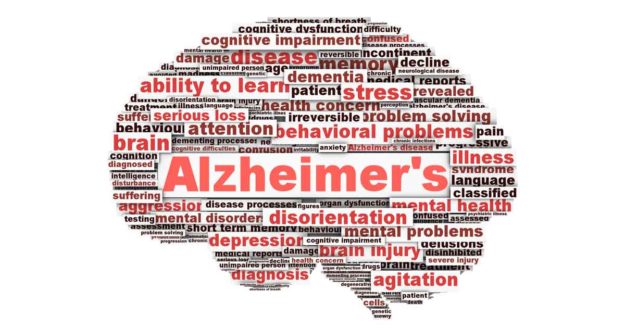Alzheimer’s Prevention Drink Fails During Clinical Trial
That has been no strong evidence to support that a nutrient drink sold online in the UK helps slows Alzheimer’s disease in its early stages, researchers claim.
A recent trial revealed patients who consumed Souvenaid did not help aid memory loss and cognitive thinking.
Authors of the paper say that larger studies are required to show if the product works as advertised. They also want consumers to know that the £3.49 priced bottle drink is not a cure.
Nutricia, the product’s manufacturer, states that the drinks should only be consumed under the care of a physician, specialist nurse, or pharmacist.
What is This Drink?
Souvenaid is a bottled drink that contains a variety of fatty acids, vitamins, and other nutrients, with your choice of strawberry or vanilla flavor.
If consumed once a day, the hope was that the boost of nutrients would delay the full onset of Alzheimer’s for people with early signs of cognitive impairment.
However, the recent phase two clinical trial did not support this.
Trial Results
The study consisted of 311 patients with early Alzheimer’s or mild cognitive impairment. They were all asked to consume a drink once a day, but only half were given Souvenaid while the other received a placebo.
After two years, researchers reexamined the patients to determine whether there was any difference between the two groups regarding dementia progression, which was measured through several memory and cognitive tests.
Souvenaid was found not to provide any advantage, but patients drinking Souvenaid did have slightly less brain shrinkage according to their scans, which the scientists believe is promising due to shrinkage in the brain controlling memory is commonly associated with worsening dementia.
Tara Spires-Jones, a professor and dementia expert at the University of Edinburgh, explained, “Some of the other tests of brain structure and function were promising, but overall this study indicates that a specific change in nutrition is unlikely to make a large difference to people with Alzheimer’s, even in the early stages. There is strong evidence that a healthy lifestyle including exercise and a healthy diet can help reduce the risk of developing dementia, but once the brain damage starts, a dietary intervention is unlikely to stop the disease.”
You can view the full article here.
Most from this category

Another Study Reveals Inflammation Accelerates Progression of Alzheimer’s Disease
alzheimershelp - December 21, 2017
Protecting Neurons Could Prevent Depression and Cognitive Deterioration Caused by Alzheimer’s
alzheimershelp - November 8, 2017




















